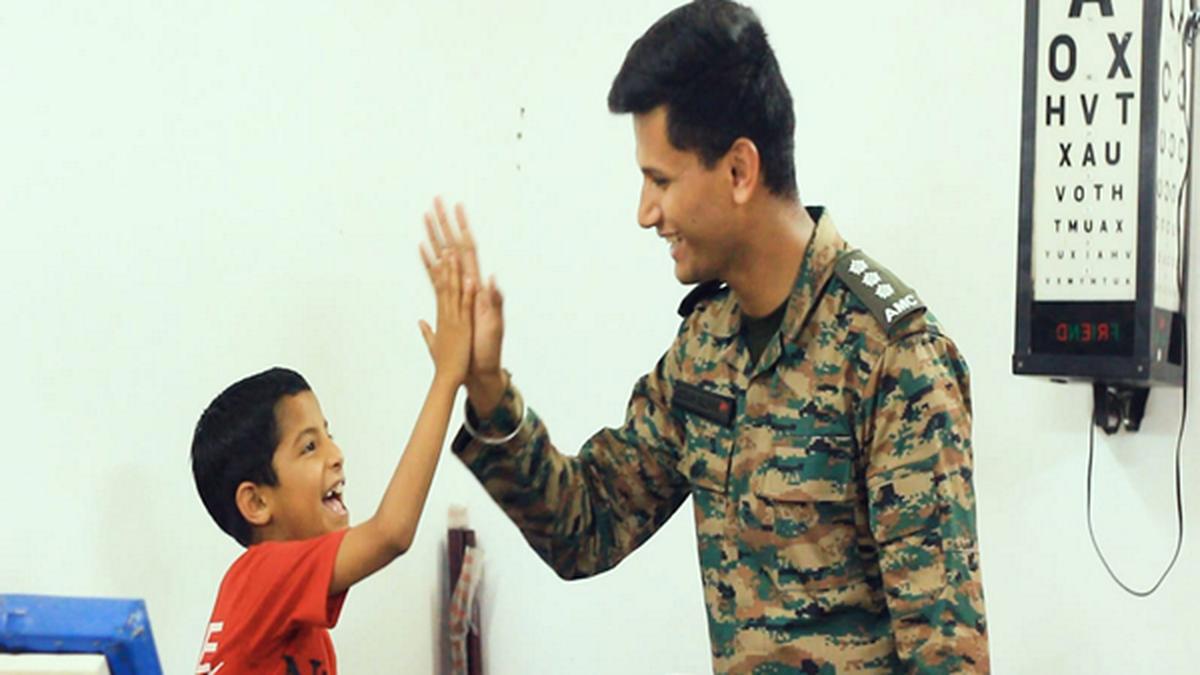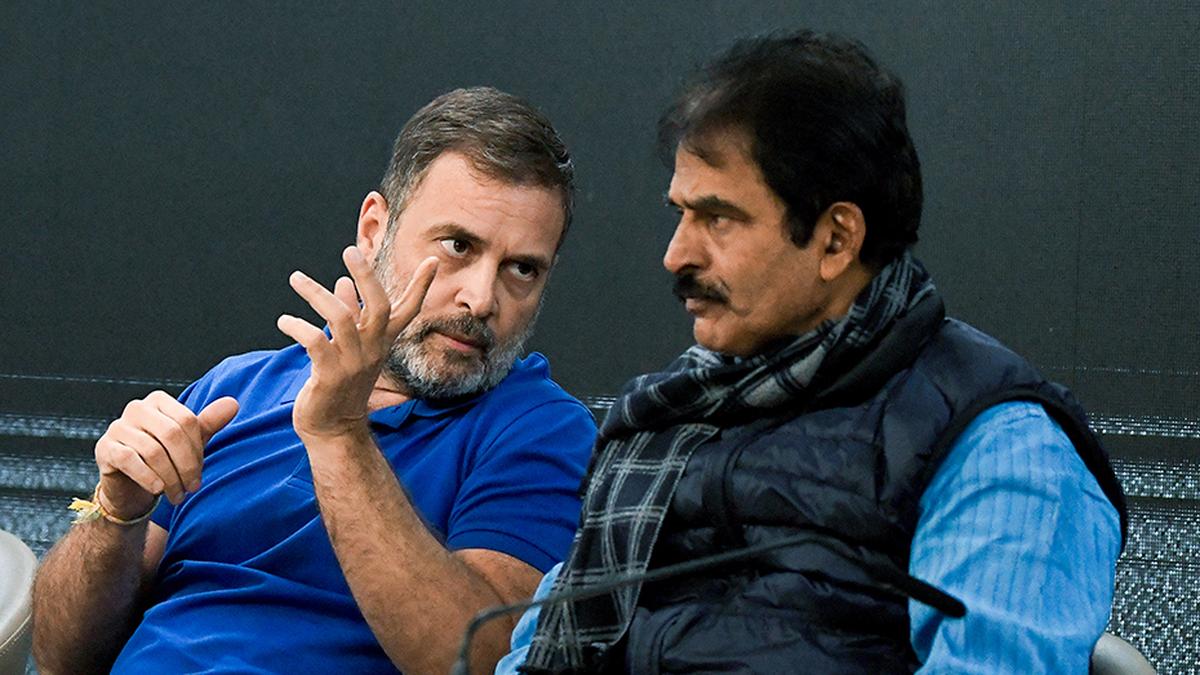The story so far: At a press conference on August 7, Leader of the Opposition Rahul Gandhi accused the Election Commission (EC) of massive electoral roll manipulations in Mahadevapura Assembly constituency in Karnataka. Mr. Gandhi’s presser capped a series of allegations of deliberate voter roll discrepancies by the EC beginning with the Maharashtra Assembly polls. This, coupled with the Special Intensive Revision (SIR) of electoral rolls in Bihar, which is under judicial scrutiny, has put the poll body in the eye of a storm.
What is the mandate of the EC?
The Election Commission of India is a permanent constitutional body. The Constitution has vested in the EC the superintendence, direction and control of the entire process for conduct of elections to Parliament and the legislature of every State, and to the offices of President and Vice-President of India. Originally, the commission only had a Chief Election Commissioner (CEC). It was expanded to include two Election Commissioners (ECs).
Why has there been a controversy about the appointment process?
Parliament passed a new law governing appointments to the EC, namely the Chief Election Commissioner and other Election Commissioners (Appointment, Conditions of Service and Term of Office) Act, 2023. In accordance with the new law, the ECs are selected by a three-member selection committee, comprising the Prime Minister, a Union Minister and the Leader of the Opposition. The Opposition had objected to this, saying the committee gave little room for dissent as the Prime Minister and the Union Minister are part of the government and could rule 2:1 in favour of their candidate.
Why is the EC’s role in the spotlight?
Last year, the Maha Vikas Aghadi (MVA) alliance had alleged that lakhs of new voters had been added to Maharashtra’s electoral rolls in the time period between the Lok Sabha polls in May and the Assembly elections in October. The Congress had made the same allegations about Haryana, and later the Aam Aadmi Party alleged that voter rolls were tweaked in Delhi before Assembly polls. Even as the EC was grappling with these claims, CEC Gyanesh Kumar announced the SIR in Bihar which aims at cleaning up electoral rolls. The EC said the SIR exercise will be carried out across the country.
At his press conference, Mr. Gandhi alleged large-scale discrepancies in the Mahadevapura Assembly segment under the Bangalore Central Lok Sabha constituency in Karnataka which he claimed helped the BJP win the seat. Mr. Gandhi said his party had carried out an investigation which spanned over six months before reaching this conclusion. He claimed that the voter list had manipulated entries, including duplicate voters, invalid addresses, and bulk registrations of votes at single locations. Following this, Mr. Gandhi reiterated his demand for machine readable voter rolls to be provided to all political parties for proper verification. The EC stated it has not been providing machine readable or “text-searchable” voter lists for concerns over cyber-security. The Supreme Court (SC) had upheld it in a petition filed by former Madhya Pradesh Chief Minister Kamal Nath in 2018.
When was a revision announced in Bihar?
On June 24, the EC ordered a SIR of electoral rolls in Bihar, barely five months before the Assembly elections. As per the SIR orders, every voter in Bihar who had not been listed in the 2003 voter rolls would have to submit documents proving their date and place of birth to determine whether they were Indian citizens. Those born after 1987 would also have to submit proof of their parents’ date and place of birth.
However, after the completion of the first phase of the SIR exercise, the EC released a draft electoral roll on August 1, which saw a drop in the number of voters in Bihar by 65 lakh. There were 7.89 crore voters registered in the 2025 electoral list before the SIR exercise; after the recount, it slid to 7.24 crore electors. The EC said that most of these 65 lakh “missing” voters have died; are registered in two locations; have migrated out of Bihar; or are untraceable. Civil society organisations, Opposition parties as well as NGOs approached the Supreme Court challenging the SIR process.

What has the SC directed EC to do?
In an interim order on August 14, the Supreme Court directed the EC to publish an enumerated, booth-wise list of the 65 lakh electors not included in the draft roll. A Bench of Justices Surya Kant and Joymalya Bagchi instructed the EC to provide reasons for the deletion — death, migration, untraceability, duplicate registrations — against each name. The court also asked EC to accept Aadhaar as proof of identity for an elector to include his or her name in the rolls.
“That it has taken the Supreme Court to nudge the EC towards following basic norms of natural justice and fairness in the Bihar SIR exercise reflects poorly on an organisation which takes pride in collecting and counting every last vote. While errors can creep into voter lists over time, the answer to that is not mass disenfranchisement as the EC is attempting,” said Alok Kumar Prasanna, Advocate and Co-Founder of Vidhi Centre for Public Policy.
What about migrant voters?
Migrant voters still have to return to the place where they are on the rolls to vote. This is a huge cost and depresses turnout, notes Mr. Prasanna. “There is no simple solution to this currently. The solution will have to be cheap, secure and transparent to work. Solutions which work in richer societies and for richer migrants will not work for poor migrants from States like Bihar,” he added.

What has been the political fallout?
After Mr. Gandhi’s press conference, the Opposition upped the ante and tried to hold a march from Parliament to the Election Commission headquarters. They courted arrest when stopped. The ongoing monsoon session of Parliament has also been virtually paralysed over demands for a discussion on the Bihar SIR. The government has, however, not conceded to the Opposition’s demand. The issue has brought Opposition parties together and protests are likely to continue when Parliament reconvenes on August 18.
“To protect the voters of this country and democracy whatever has to be done we will do,” Rashtriya Janata Dal Rajya Sabha MP Manoj Jha told The Hindu.



.png)
.png)
.png)
















 2 hours ago
5
2 hours ago
5









 English (US) ·
English (US) ·